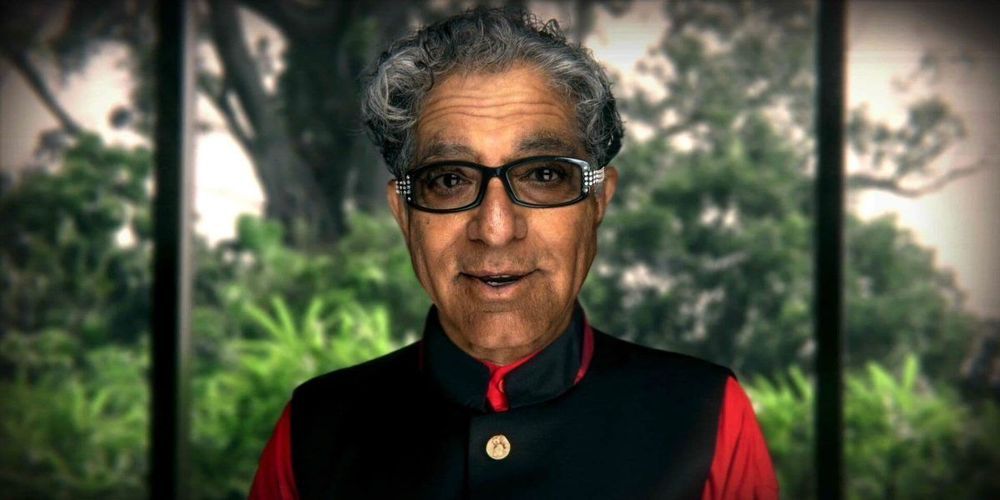The AI Foundation, a startup developing technology that powers digital personas, has raised $17 million in venture capital.



Bitcoin hardware wallet maker Ledger revealed today that its e-commerce database was hacked last month, leaking 1 million emails and some personal documents. No user funds were affected by the breach.
Ledger said the attack targeted only its marketing and e-commerce database, meaning the hackers were unable to access users’ recovery phrases or private keys. All financial information—such as payment information, passwords, and funds—was similarly unaffected. The breach was unrelated to Ledger’s hardware wallets or its Ledger Live security product, the company added.
“Solely contact and order details were involved. This is mostly the email address of approximately [1 million] of our customers. Further to the investigation, we have also been able to establish that a subset of them was also exposed: first and last name, postal address phone number, and product(s) ordered,” said Ledger in its announcement.

In the first of a four-part series, we look at the changes that have propelled China’s stock market into the world’s top performer this year.
The Star Market, conceived and created within eight months, has expanded into Asia’s largest growth market after a year in operation, with 133 listed stocks valued at US$400 billion.
Dozens of China’s biggest start-ups were driven to New York over the past two decades to seek funding. Now, as US-China tensions rise, more and more of them are choosing to stay close to home.

Three professors at the University of Southampton school of medicine have this week made a “major breakthrough” in the treatment of coronavirus patients and become paper millionaires at the same time.
Almost two decades ago professors Ratko Djukanovic, Stephen Holgate and Donna Davies discovered that people with asthma and chronic lung disease lacked a protein called interferon beta, which helps fight off the common cold. They worked out that patients’ defences against viral infection could be boosted if the missing protein were replaced.
The academics created a company, Synairgen, to turn their discoveries into treatments. It floated on the stock market in 2004, but a deal with AstraZeneca to treat viral infections in asthmatics fell through, and the shares collapsed.

Here is my research dissertation M.Sc. in Neural Computation, CCCN Uni Stirling. A variety of net architectures were trialed for specific use in Enochian Chess software, and the commercial version is now in its 3rd edition over 26 years on. The first section consists of a literature review of artificial neural nets and their application to a variety of classic boardgames. Although quite old now, there haven’t been any or many other papers on nets and divination games. This paper has proved very prescient! Today neural nets are commonly used by game developers. The race amongst super computer developers to ‘predict’ stock markets, or weather systems, or winners of horse races, is fierce. MVT unconstrained hardware may offer some synergies when used in conjunction with nets or trad AI.
My interest in active divination (rather than passive divination) goes back a bit now. Enochian Chess software is one example, but Tsakli can also be used in divination. Passive forms of fortune-telling rely on pure chance without any skill or judgement asked of the questioner. Astrology is a good example. You cannot change or ameliorate your date and time of birth or effect the course of the stars. It is essentially fatalistic. What is the point trying to discern information about which you can do absolutely nothing? Brainstorming and the jumping up and down excitement generated by unexpected game episodes, plus the many ideas generated by the move by move conversation and thrown up by wide consideration of the particular divination question, can be of real psychomorphological value in helping plan your future life moves.
About Yahoo Finance:
At Yahoo Finance, you get free stock quotes, up-to-date news, portfolio management resources, international market data, social interaction and mortgage rates that help you manage your financial life.
Connect with Yahoo Finance:
Get the latest news: https://yhoo.it/2fGu5Bb
Find Yahoo Finance on Facebook: http://bit.ly/2A9u5Zq
Follow Yahoo Finance on Twitter: http://bit.ly/2LMgloP
Follow Yahoo Finance on Instagram: http://bit.ly/2LOpNYz

A new system can significantly lower the production costs costs of mass quantum key distribution (QKD) networks, which will make them available to a wider user audience. This will make it possible to use QDK in the regular fiber-optic cable infrastructure. The paper was published in Scientific Reports.
Many have heard about quantum key distribution (QKD), which is also sometimes referred to as quantum encryption. Today, this is one of the safest ways to encode information that can then be used by major banks, military and governmental organizations. In a QDK system, the information is transmitted by quantum radiation, which is extremely hard for eavesdroppers to intercept.
“As a rule, QKD uses a weak laser light with an average number of photons less than unity,” explains Eduard Samsonov, a research associate at ITMO’s Faculty of Photonics and Optical Information. “This light has fundamental special features, the so-called quantum effects that leave no chance for a third party to infiltrate the channel to read the information without being noticed.”
Android apps targeted by this new trojan include banking, dating, social media, and instant messaging apps.

Nigeria’s former Finance and Foreign Affairs Minister, Ngozi Okonjo-Iweala, on Wednesday, shared her vision with the World Trade Organisation members for the post of director-general.
Following the nomination stage which closed on July 8, the eight candidates vying for the position started presenting themselves to the 164 States that comprise the WTO on Wednesday.
Other candidates aside Okonjo-Iweala are Abdel-Hamid Mamdouh (Egypt), Amina Mohamed (Kenya), Jesús Kuri (Mexico), Tudor Ulianovschi (Moldova), Yoo Myung-hee (Korea), Mohammad Al-Tuwaijri (Saudi Arabia), and Liam Fox (UK).

Regeneron rose as much as 2.4% in the stock market today, touching a record high of 655.93. Shares seesawed in a small range Thursday before ending the day up a small fraction, at 640.63. The peak price topped Regeneron stock’s previous high of 653.53, touched on Tuesday. Regeneron is part of the IBD Biomed/Biotech group, which ranks No. 14 out of 197 industry groups tracked. The group is just off its all-time high, which it hit on June 23.
Regeneron Pharmaceuticals (REGN) jumped to an all-time high Thursday, its second of the week, as analysts remain bullish on Regeneron stock due to its coronavirus treatment and other businesses.